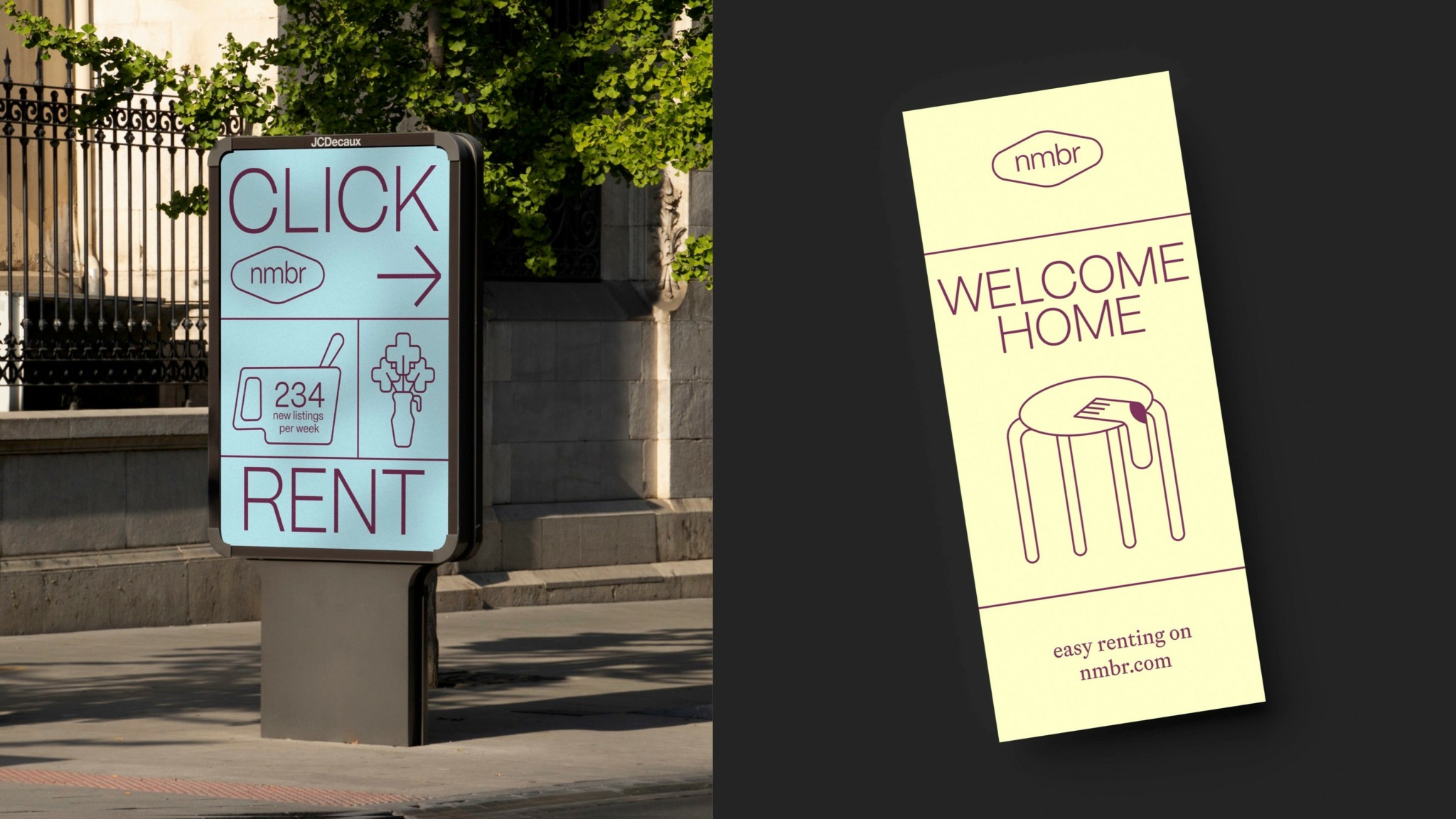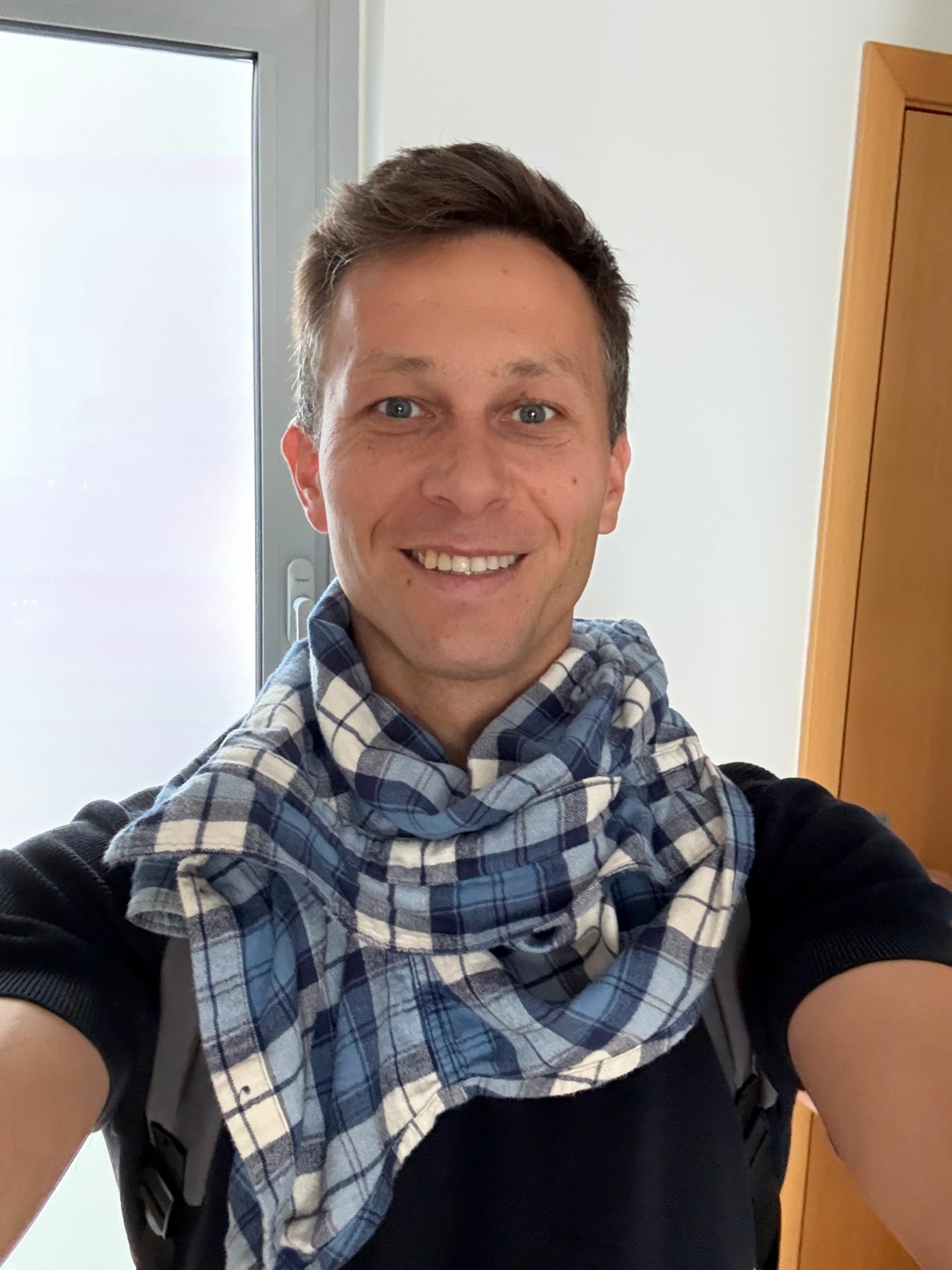We’re excited to introduce you to the always interesting and insightful Evgeny Pisarev. We hope you’ll enjoy our conversation with Evgeny below.
Evgeny, thanks for joining us, excited to have you contributing your stories and insights. Risk taking is something we’re really interested in and we’d love to hear the story of a risk you’ve taken.
In October 2019, we raised our first investment for Qummy — $200K structured as five tranches of $40K each. After receiving the first three tranches, we launched food production, refined our proprietary freezing technology and smart ovens so that our meals, once defrosted, would taste as fresh as if they were just cooked. We opened our first locations and began selling our ready-made meals.
Then COVID hit.
Just as we were preparing for our first B2B delivery, lockdowns were being announced. We had no idea whether our truck would make it to the other region — there were checkpoints, new regulations, and a lot of uncertainty. But the delivery went through.
Still, the fourth tranche was delayed by a month. The investor grew uncertain due to the pandemic. In that month, we ran out of money. We owed our suppliers and couldn’t pay our team. Every day, we had to negotiate payment deferrals with vendors and figure out which employees we could partially pay to keep going.
I took out several personal loans. I sold my car. I just needed the company to survive a few more weeks.
I remember my wife calling me, asking which card she could use to buy groceries. We had a one-year-old child.
At the same time, I was offered a job with a $5K monthly salary — 10 times the national average. I declined. We were also offered investments, but at unfair valuations that would save us short-term, yet kill our long-term potential. I refused.
Supplier debts mounted. Some employees left. Vendors stopped shipping goods. The future was completely uncertain. Then our previous investor told us there would be no fourth or fifth tranche at all.
My family had no money for groceries But we still had faith — faith that we had built something meaningful that truly improved the value chain in food service, and that the right investor would see that.
Then, something unexpected happened.
A potential investor went to visit one of our hotel clients. By pure coincidence, on that same day, local regulatory authorities came for an inspection. Buffets were banned due to COVID, and they came to shut the hotel’s food service down.
But instead, they were impressed.
Our system allowed guests to eat safely and separately, while still meeting all health and safety standards. Because of our solution, the hotel was allowed to continue serving food and began receiving international guests who were in quarantine. The investor saw the system in action, talked to hotel staff and regulators, tried the food himself — and was blown away.
That same week, he made the decision to invest.
We closed the round, paid off our debts to suppliers and employees, and got back on track. We continued building.
Later, we realized this was only the first of five major crises we would face — and, ironically, the easiest. But it was the one that forged our resilience. It fundamentally changed how we approached business and proved to ourselves that we would not give up, no matter what.

Great, appreciate you sharing that with us. Before we ask you to share more of your insights, can you take a moment to introduce yourself and how you got to where you are today to our readers.
I’m the founder of Nmbr, an AI-powered rental service that lets tenants rent homes instantly via chat — with no brokers, no calls, and no paperwork. All listings are verified and transparent, so tenants can book online with full confidence, guaranteed protection, and instant approval — without stress or uncertainty. For landlords, Nmbr guarantees payments, protects against damages, and handles tenant screening — offering peace of mind with minimal effort and no reliance on traditional agents. Previously, I co-founded and led Qummy, a food tech company with proprietary freezing and cooking hardware that raised $14M and became an IPO prospect. Qummy was featured by TechCrunch, Forbes, and included in the FoodTech 500.

Do you have any insights you can share related to maintaining high team morale?
Managing a team and keeping morale high starts with meaning. People are significantly more effective when they know why they come to work — when they see how their efforts change other people’s lives. That’s why I focus on constantly reinforcing the mission and the real-world value our company creates.
Second, we make sure that everyone has clear ownership over measurable outcomes. Each person knows the metrics they’re responsible for and what success looks like. This clarity allows for focus, autonomy, and accountability. We don’t waste time on approvals for budgets or methods — we build a culture where outcomes matter most, and the balance between cost and impact is already part of the OKRs.
Third, I believe in hiring people who are stronger than me in their area, and giving them a space to grow. High performers thrive in environments where they’re trusted, challenged, and supported — not controlled.
Finally, when hiring, I’m always honest: this is the worst place if you’re looking for comfort, but the best place if you want to fully realize yourself. That filters out people chasing easy money and attracts those who want to build something meaningful, take ownership, and grow with the company.

Can you talk to us about how you funded your business?
Raising capital starts with understanding why investors invest: they’re not just supporting a vision — they’re betting that the shares they buy today can be sold for many times more in the future. That means your business must show the potential to become very big. The product, the market, the team, the business model, the traction — everything has to align with that scale of ambition.
From day one, we knew that if we wanted to attract serious capital, we had to grow no matter the circumstances — whether we had money or not, whether the timing was ideal or not. Investors don’t fund excuses — they fund momentum. If the business isn’t growing, it’s not a fundable company.
In the early days, when we had no metrics to show, we relied on personal trust. Our first capital came from friends of friends — people who could vouch for us personally. As we grew, we raised from professional investors who reviewed detailed data rooms, asked hundreds of questions, and dug deep into the business. Later, pre-IPO investors focused on margin structure and long-term profitability.
One key lesson: signed term sheets don’t mean money in the bank. We had several situations where deals collapsed after signing. That’s why it’s crucial to build a wide investor funnel — when you’re down to a single potential investor, and they sense they’re the only one, they may delay or renegotiate, which can collapse the entire round.
In the end, it’s all about the potential to generate profits at scale, and your ability to keep growing no matter what — because investors need confidence not just in your vision, but in your execution under pressure.
Contact Info:
- Website: https://nmbr.homes/
- Instagram: https://www.instagram.com/evgeniypisarev
- Linkedin: https://www.linkedin.com/in/evgenypisarev/
- Twitter: https://twitter.com/evgeny_pisarev/
![]()


